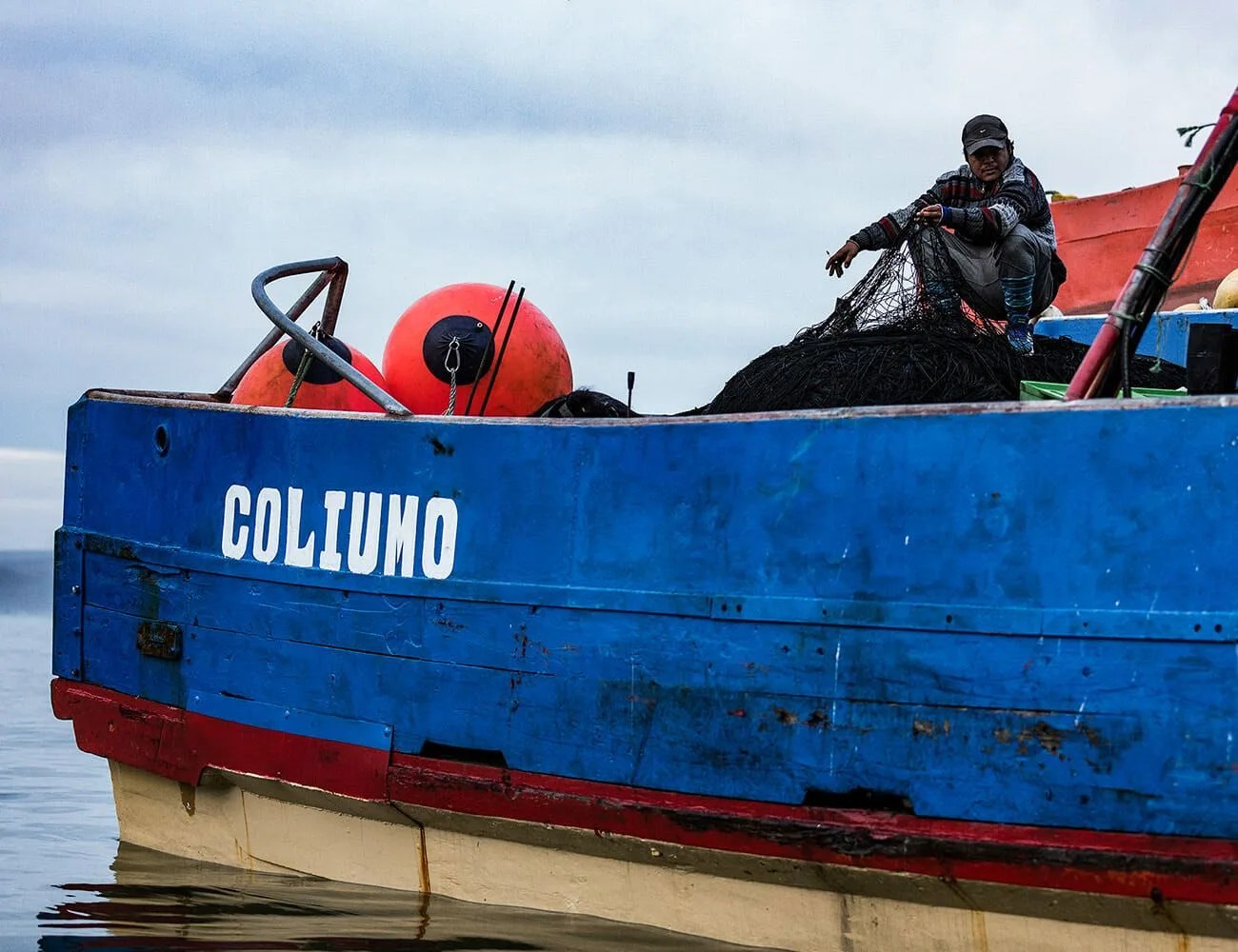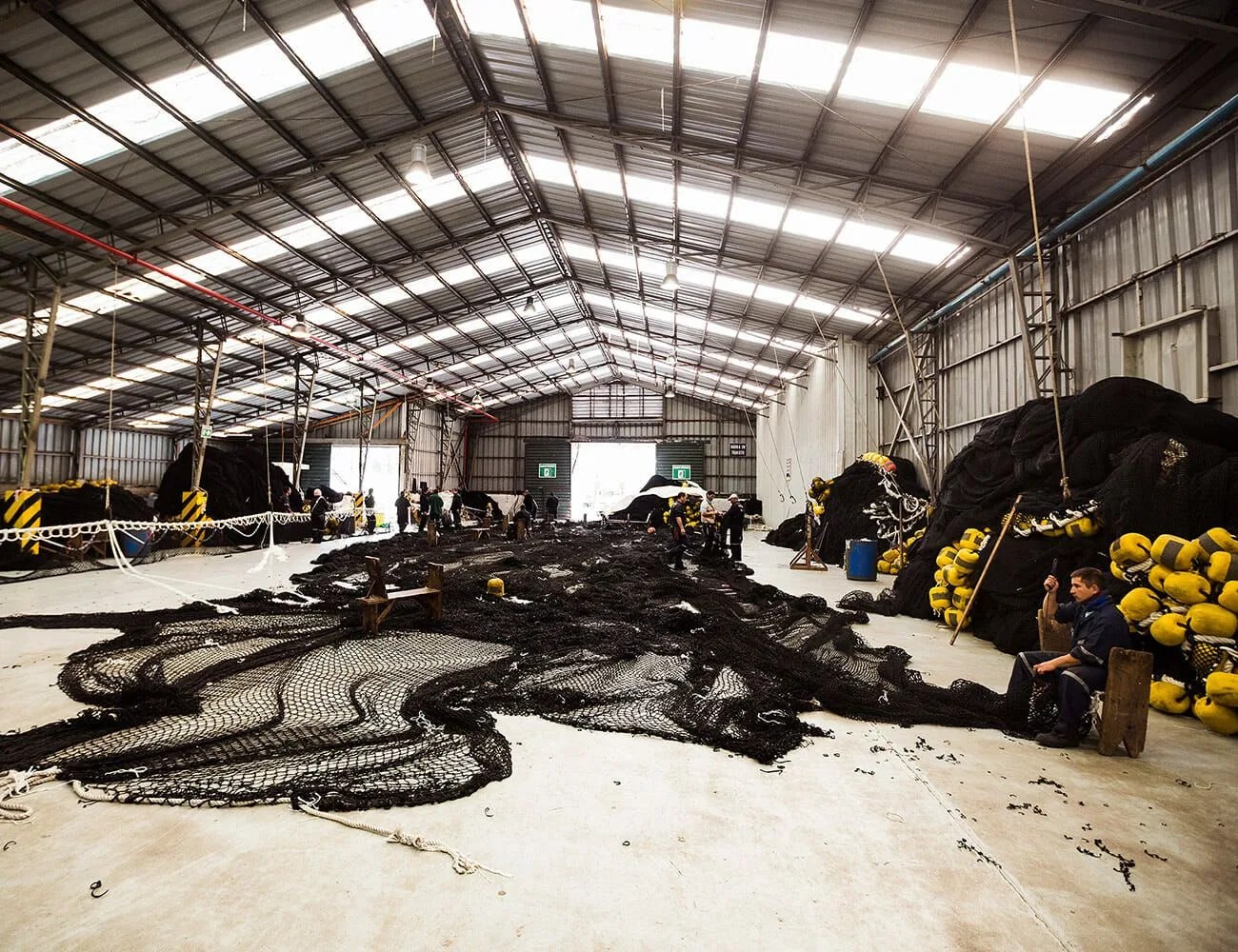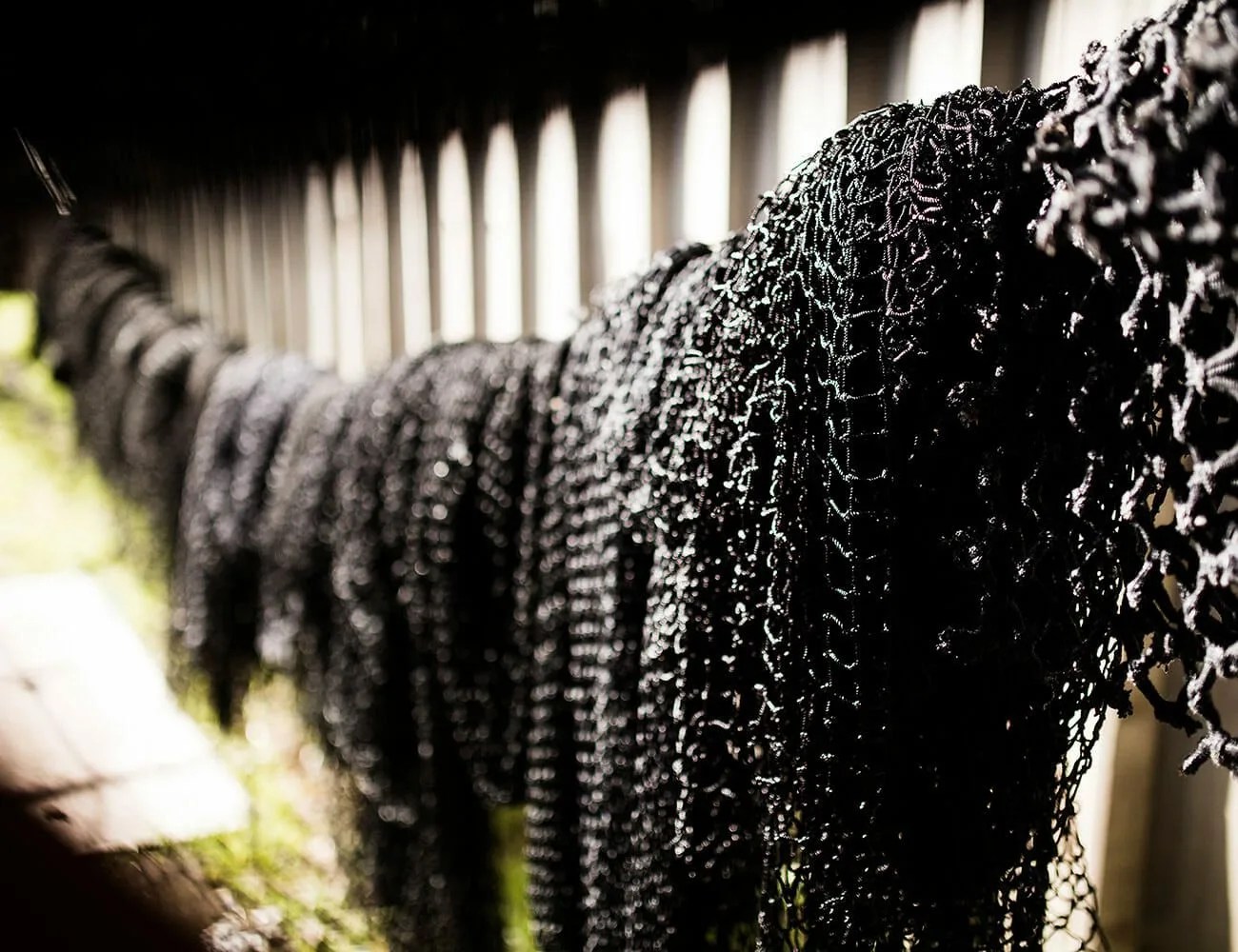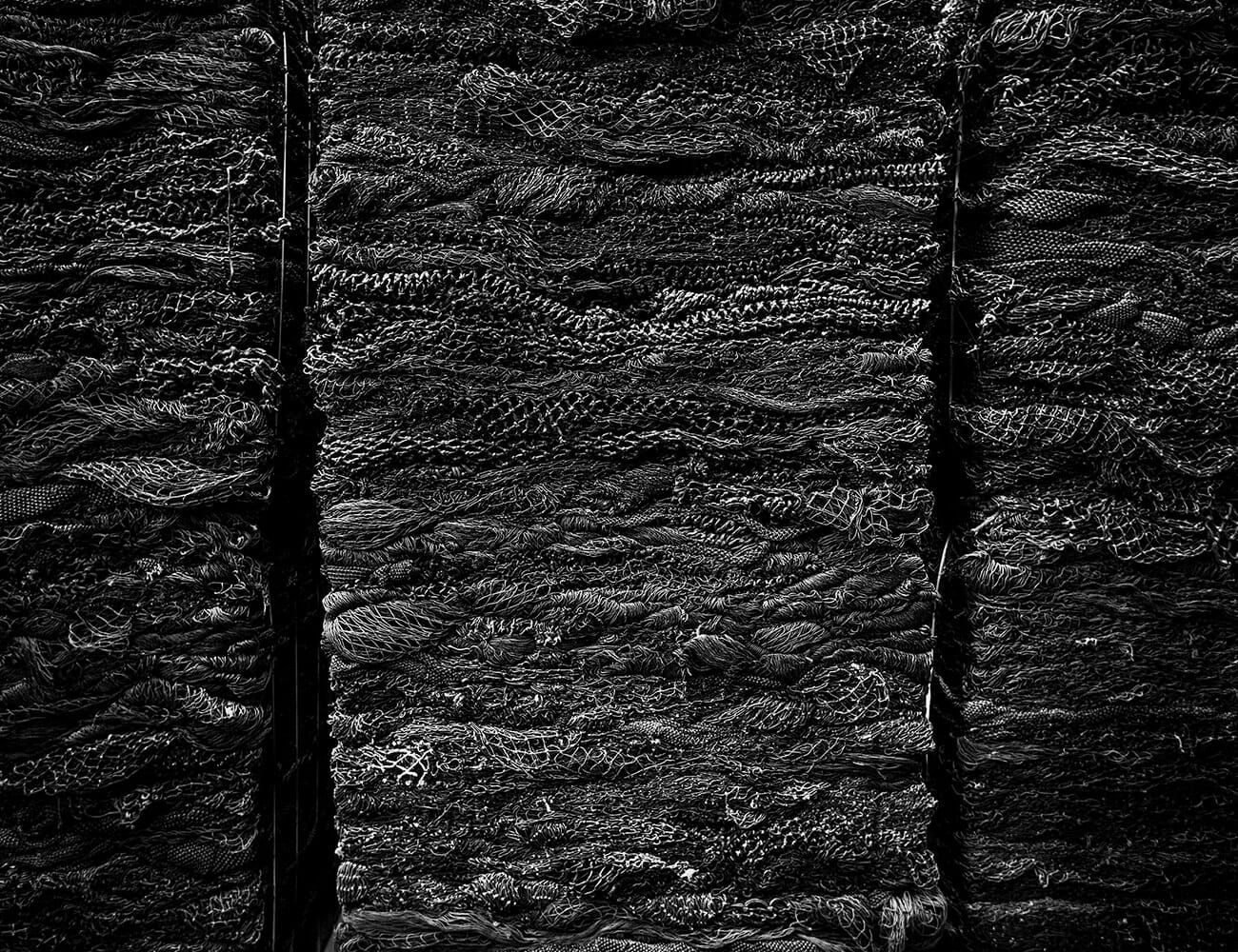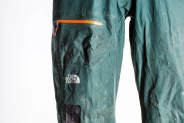Nearly all fishing nets sink. Is that stating the obvious? Sure — how else would fishermen get them into ocean depths — but that simple fact has massive implications.
When nets become old and unusable, fishermen are left with limited options to dispose of them and often resort to throwing them overboard. And in the case of aquaculture — open ocean fish farming — they’re left to slowly degrade in the sea, where they might eventually be ripped free by a storm and sink to the bottom. And collecting them isn’t easy either. Most marine recycling organizations invest in expensive and labor-intensive cleanups, but Bureo, a small company based in both the US and Chile, tackles the problem differently.
At the company’s inception, founder David Stover and two friends, Kevin Ahearn and Ben Kneppers, were turned off by the amount of trash they encountered surfing. The trio started to research ocean waste and quickly learned about the issue with fishing nets. Funded initially by personal savings and a Kickstarter campaign that earned just shy of $65,000, their company, Bureo, launched with a wave of media attention and even received investment dollars from Patagonia. But even then, the trio’s original goal was to make skateboards from the recycled net nylon.
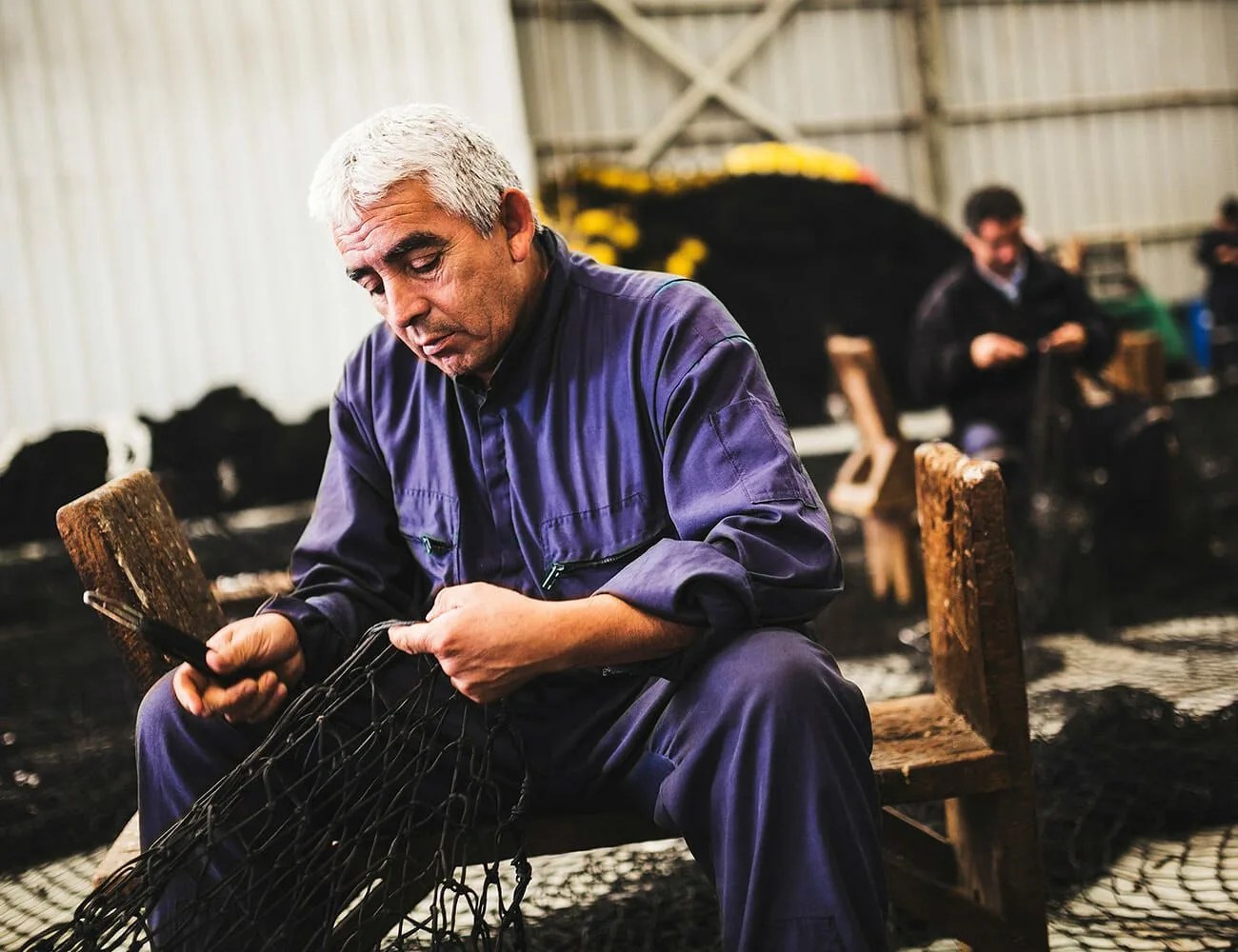
Stover, the CEO of Bureo, emphasizes that to have a significant impact, they were forced to think like a savvy business. “The challenge with all recycling is getting a consistent source material in an economically effective way. There are a lot of costs in the process – collection, transportation, cleaning – that force us to stay hyper-focused on a single product and attack the problem in ways we know we can scale.”
They ditched the idea of designing skateboards and admitted that they weren’t some hip new brand, they were in the recycling business.
Stover isn’t afraid to admit that the company has made some mistakes since its founding in 2013. The company does most of its net collection in Chile and for the team’s first few years had recycling points at a dozen or more small harbors along the Chilean coast. But local fishermen were still unfamiliar with recycling programs, and there wasn’t any incentive for them to opt-in; many found it easier to continue with their old ways of leaving nets behind at sea. The program struggled to take hold.

